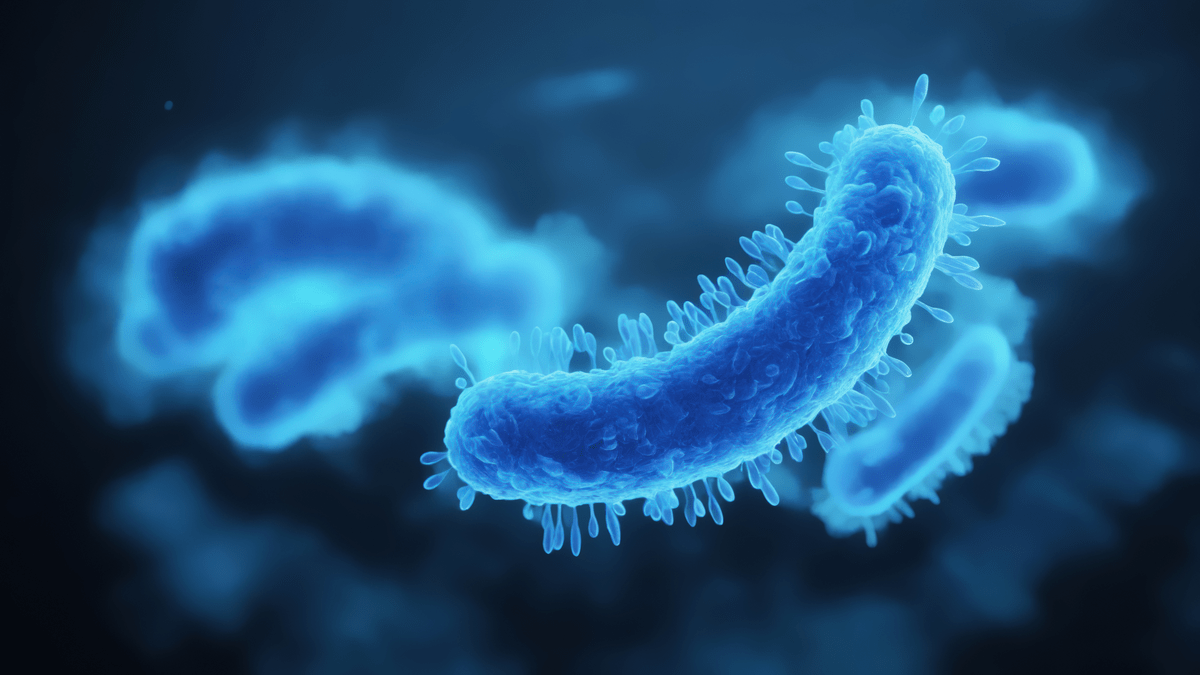Both the genes you inherit from your parents and your lifestyle can play a role in whether you develop cancer.
The good news is that lifestyle choices that we can control also play a more significant role in our cancer destiny even in the event of inherited genes.
“Genetic testing can be helpful for knowing if someone is at high risk for certain types of cancer to take action for early detection, prevention and treatment. Testing is also useful after diagnosis to better understand the exact type of cancer and how to treat it,” says Flavia Kostov, M.D., medical oncologist with Riverside Cancer Care Center.
Most cancers are not hereditary
Genes are pieces of DNA that hold the blueprint for our mental and physical makeup. We
inherit genes from our parents that are responsible for traits like eye color and what type of hair we will have.
Sometimes, an increase in cancer risk is passed down through changes to genes known as mutations. A mutation is an alteration to a gene that can change cell behavior.
With cancer, mutations can cause cells to grow and divide uncontrollably. Only about 5-10 percent of cancers are passed down through inherited mutations.
Gene mutations occur throughout life
The majority of mutations that contribute to cancer risk are mutations we acquire throughout our life.
Mutations can be caused by external lifestyle factors like ultraviolet ray exposure and tobacco use, as well as internal factors that aren’t entirely understood.
“Acquired mutations are not passed down from generation to generation. Just because a grandparent or parent had, for example, lung cancer from smoking, doesn’t mean you are more likely to get lung cancer,” Dr. Kostov says.
What information do genetic tests for cancer provide?
Genetic tests for cancer fall into two categories:
- Tests that identify inherited mutations that increase cancer risk
- Tests that evaluate the genetic material of cancer cells
The BRCA1 mutation is a genetic mutation that increases the risk of breast cancer. The test for this mutation may be recommended for someone with a strong family history of breast cancer.
For some cancers, testing the genes of the cancer cells can be helpful to:
- Confirm a diagnosis
- Better understand how the cancer will respond to treatment
- Determine the likelihood of the cancer reoccurring after treatment
“Genetic tests for cancer are an important tool that can provide information to help prevent and treat cancer more effectively,” says Dr. Kostov.
Talk to your doctor to understand your risk
The relationship between genes and cancer is complicated. The best way to manage your risk is to talk to your doctor about your family history and lifestyle. Your doctor can help you better understand what lifestyle changes or tests may be most valuable for you individually.
If you already have a cancer diagnosis and would like to learn more about genetics and your cancer schedule an appointment with one of our board-certified oncologists today.



